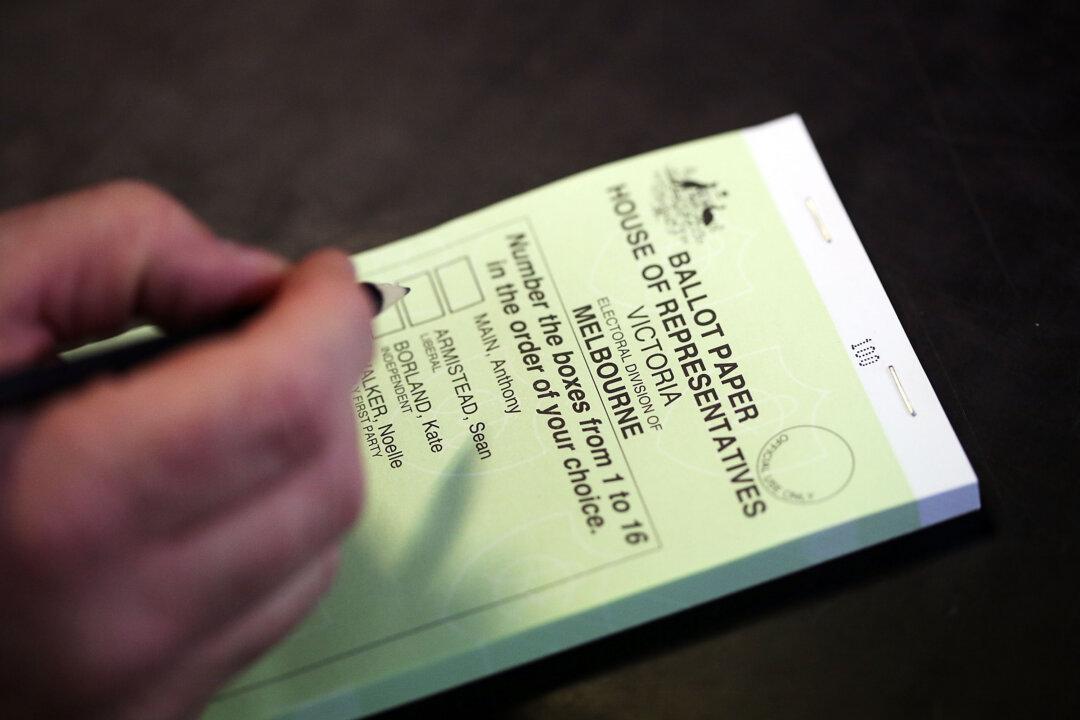Major political parties in the Australian state of Victoria have switched their targets to new parents and first-home buyers in an effort to attract voters as the state election draws near.
On Nov. 7, Premier Daniel Andrews announced that his government would spend $69 million (US$32 million) to support new parents and their babies if the Labor party was re-elected.





